How Do I Get Rid of Bad Breath?
The best way to get rid of bad breath is to keep your teeth and your oral tissues clean. This is best achieved by brushing the teeth after eating and flossing or otherwise cleaning between the teeth and below the gum line at least once a day. If you’d like to take some extra steps against bad breath, use a tongue scraper or other tongue cleaner to remove bacteria and debris from the tongue, and rinse the mouth with an antibacterial mouth rinse. If these comprehensive steps don’t get rid of your bad breath, see your dentist. They’ll thoroughly examine your mouth and teeth, looking for sources of bad breath or other problems, and they’ll refer you to necessary medical or dental specialists if the problems with your breath stem from illness or underlying conditions.
When gum disease is the source of bad breath, a referral to a periodontist can work wonders toward eliminating halitosis. Professionally cleaning the deep pockets that characterize periodontitis can dramatically reduce the bacterial load of the mouth and minimize foul breath, and periodontal examinations and cleaning allow dental professionals to address any other problematic areas, like faulty restorations that might harbor bacteria. Effective oral hygiene, including regular dental checkups, is the best way to prevent periodontitis from arising in the first place. It’s also important to clean any removable restorations, like dentures, retainers, or mouth guards, to limit the amount of bacteria that has access to your oral tissues. Keep the mouth moist, and avoid using tobacco, which can dry out the mouth. If you know that you have a dry mouth, perhaps because of a medication you take, sucking on sugarless candy or chewing sugar-free gum can aid with saliva production, and artificial saliva or other medications can help increase saliva flow and rehydrate the mouth.
If you eat a diet of pungent-smelling foods, this will affect your breath. If it bothers you, eliminating these foods will eliminate the problem, though a thorough oral hygiene routine might be sufficient to keep food-related bad breath in check. If you’re planning to see your dentist for an evaluation of your bad breath, they may prefer to see you in the morning, before you’ve eaten a potentially smelly lunch that could affect their examination. It’s also helpful to avoid scented products, like perfume or lotions, as well as scented cosmetics like lip gloss, for your appointment, as these could mask the natural odor of halitosis. Talk to your dentist if you’ve taken antibiotics recently, as these could affect your breath and mean delaying your appointment.
If you have bad breath, make sure you’re brushing and flossing frequently and properly, and make an appointment to see your dentist. They can evaluate your hygiene habits and help you improve these habits, and they can also evaluate for conditions like dry mouth or gum disease, or for underlying, systemic conditions that might lead to bad breath, providing necessary referrals that can nip temporary or chronic halitosis in the bud. If your halitosis is related to a smoking habit, you can work with your medical team to find a smoking cessation program that will work for you. If your bad breath is simply related to your brushing and flossing techniques, your dental hygienist can also provide guidance and feedback to help you improve your oral hygiene and prevent halitosis from recurring. No matter what the cause of bad breath may be, a comprehensive evaluation and examination, including a complete medical history, can help you, your dentist, and perhaps your other medical professionals pinpoint the odor’s source and devise an optimal solution.

